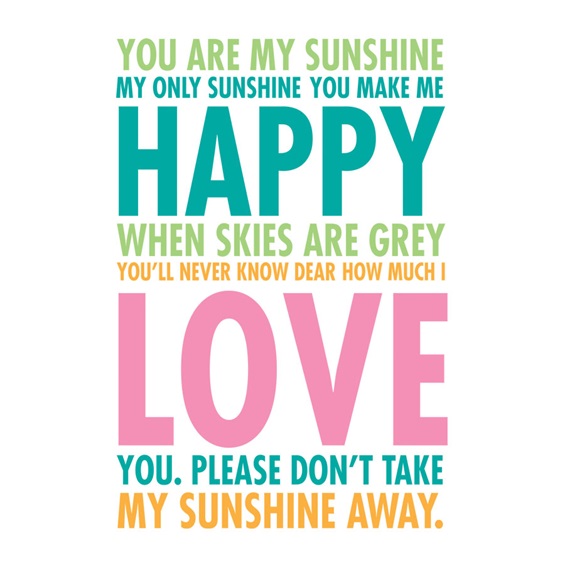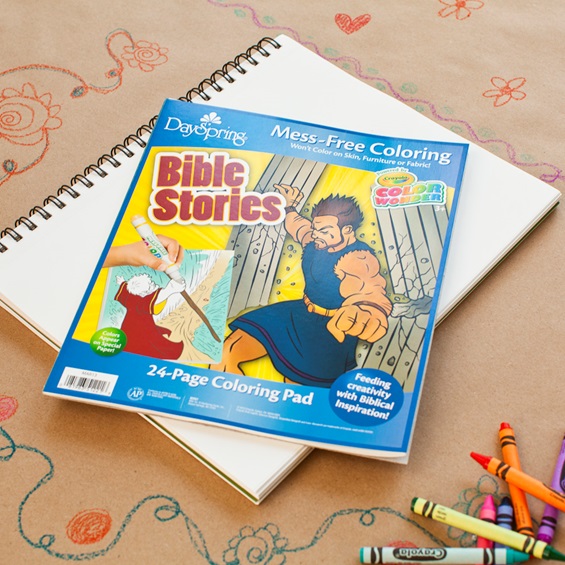
True. Story.
“Aragorn is just not a realistic character.” Said my friend as we sat at lunch.
“Really?” I said, “What do you mean?”
“Well,” he said, holding his french fry a few inches away from his mouth in a contemplative manner, “He’s just too... Resolute... Too good. Nobody is that noble.”
I hmphed and picked at my grilled cheese, he ate his french fry, and our conversation turned to complaints about homework and other serious
The conversation did not turn into much more that day, but the comment always stuck with me.
Not realistic. Too Resolute. Too Good. Nobody is that noble.
I have always loved Aragorn. Heavens, I think there are few girls in my generation that have not gone through a stage of Aragorn admiration, and, were we honest, few of us have made it out of that stage. For evidence, see the meme included in this post.
Tales like Lord of the Rings, Harry Potter, and Narnia, or to go back further, King Arthur and the Knights of the Round Table, the Odyssey, David and Goliath, and countless others have gone deep into the psyche of countless generations. We love stories for their adventure and delight, but I think there is a deeper down reason for our love of these tales. We love them because a good story gets to the heart of the struggle of good and evil that every age has had to deal with. Though it wears different masks-- war, oppression, slavery, nuclear war, facism-- every age has had its darkness to fight. We tell stories to make sense of the world, and to give us an ideal for how to live in evil times.
That’s where the Aragorns of the world come in. Every good story has its hero. If stories help us make sense of our beautiful, broken and cruel world, Hero’s teach us to live in it. In our favorite heroes, we see people who face the same sorts of hardships and doubts that we do, yet somehow, miraculously come out the other side. We love heroes because they are brave, and because they make us believe that, perhaps, we could be brave too.
Not Realistic. Too Resolute. Too Good. Too Noble.
I believe our generation has lost some of its hope in heroes. We are wary of people who seem “too good,” and I do not think this wariness is totally unfounded. The last score of years have been full of media demagogues: politicians who promise and do not deliver, pastors who preach but do not practice, stars who shine but do not bring light. The rapid growth of social media has engendered a marketing based culture where everything and everyone is claiming to fill a need, and the emptiness of those promises has become quickly evident. As a generation, we have grown weary of people claiming to be heroes. As a result, many people have rejected the idea of heroism altogether, and have replaced it with the ideal of “being real” or “authentic.”
This rejection of heroism and embrace of “authenticity” is evident in the proliferation of anti-heroes in literature and film. Take for instance the popular example of the “real” antihero Katniss Everdeen, who is only willing to do the right thing once she is coerced and harrowed into it.
I am not wholeheartedly condemning all antiheroes, but I think it is worth noting their presence and influence in the 21st century imagination. There is something truly valuable in the pursuit of authenticity and humility, but what bothers me is the idea that true heroism is, as my friend put it, “not realistic.” But what do we mean by “not realistic?” We have forgotten to define our terms.
To assume that a character can only be “authentic” “real” or “humble” if they are antiheroic means that we have assumed that no one can truly be heroic.
After all, there are no pure motives...
And that is the assumption that bothered me about my friends statement.
Is Aragorn’s bravery and heroism truly unrealistic?
I recently finished reading Lord of the Rings over the summer, and was profoundly encouraged by it. The story is peppered with heroes of all shapes and sizes, and that is perhaps what I love most about the series. Be they hobbit or high elf, many a character comes to the edge of peril and decides to press on, to conquer, and to be brave. Time after time characters are faced with certain death, many meeting it, but press on for the love of goodness and the understanding that their decisions are a part of a story much bigger than themselves.
Consider Aragorn.
In the story, Aragorn is 80 years old. He has spent many years as a ranger in hiding-- a job without appreciation and without forgiveness. By the time the book begins, he has fought many bitter battles and spent years in obscurity, but he knows that He-- and he alone-- is meant to be king. It is not that he is infallible, but that he has spent his life preparing and training for his part. When finally the day comes for Aragorn to take his place as King, it is in a battle almost sure to be lost, but he goes forward bravely, knowing that this was his time to be brave, whether it ended in death or life.
It was what he had prepared for all his life.
It was the summation of his character.
It was his part in the story.
Not realistic. Too Resolute. Too Good. Nobody is that noble.
I wonder if the reason we have lost our trust in heroes is because we have lost our sense of story. All good heroes know that there acts of bravery are not about them, but about the people, the values, and the goodness they believe in and want to preserve. Heroes seem supernatural, because in their actions they affirm that there is a true and even supernatural narrative that is worth protecting, and even worth laying their lives down for.
Heroism is not about glory, it is about story.
Perhaps more people would be real and authentic heroes if, rather than making themselves out to be great and noticed, they spent their lives, like Aragorn, in silent preparation of character, daily building spiritual muscle to fight, making decisions in quiet moments to walk towards the light and dispel the darkness, so that when their time came to lay down their lives for what is right, they would be ready.
As I write this, there is a breath stealing heat lightening show happening outside my window. It is like nothing I have ever seen. The clouds are piled miles high and the stars a guarding the clear air around them. Inside the towers of clouds there are great silent flashes of light flashing, as though Gandalf himself is fighting Saruman. I feel small.
And I am.
I am grateful for these moments, because in their inaudible and yet articulate way they remind me of the Great Storyteller, and the Great Story that I am a part of. I want to be hero.
The story is not over yet, and more than ever we need heroes. A cursory glance at your newsfeed or will reveal that light and goodness are being challenged, and sometimes seemingly darkened, every day. But just like Aragorn, I want to know my place in the story, prepare my heart, stretch my spiritual muscle to be ready for my part in the story.
We need to believe in heroes.
We need to read stories about heroes.
We need to become heroes in ready wait for the true King and Hero.
"Suddenly Faramir stirred, and he opened his eyes, and he looked on Aragorn who bent over him; and a light of knowledge and love was kindled in his eyes, and he spoke softly. 'My lord, you called me. I come. What does the king command?'
'Walk no more in the shadows, but awake!' said Aragorn. 'You are weary. Rest a while, and take food, and be ready when I return.'
'I will, lord,' said Faramir. 'For who would lie idle when the king has returned.'" -Return of the King
Find Joy at: http://joynessthebrave.wordpress.com/

Joy--getting ready to leave for Oxford next week! I will miss her, but she will be blessed, I know!


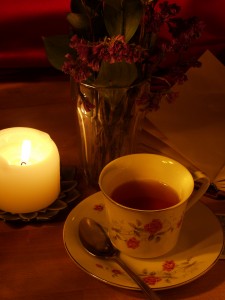 "Because my life is rarely neat and together, I attempt to make my devotional spot a regular place where I can spend my quiet, holy moments resting in beauty and having a sense of civility. I needed to have a place that was ready--and that would give peace to my soul--even if for a few moments. This gives a sense of order to the rest of my life, even when the other edges of my life are seemingly out of control. Life in our home with four kids, a dog, and people in and out rarely provides composure.
"Because my life is rarely neat and together, I attempt to make my devotional spot a regular place where I can spend my quiet, holy moments resting in beauty and having a sense of civility. I needed to have a place that was ready--and that would give peace to my soul--even if for a few moments. This gives a sense of order to the rest of my life, even when the other edges of my life are seemingly out of control. Life in our home with four kids, a dog, and people in and out rarely provides composure.
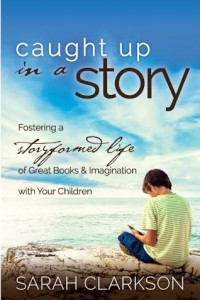



 Hi, Friends,
Sarah Mae and I will taping a show for Focus on the Family to discuss Desperate this coming Tuesday, August 26, at 9:30 a.m. and we would love to have you in our audience and will be available to say hi after the taping. If you would like to join us, you have to register, as they have limited seating. Here is the information:
Hi, Friends,
Sarah Mae and I will taping a show for Focus on the Family to discuss Desperate this coming Tuesday, August 26, at 9:30 a.m. and we would love to have you in our audience and will be available to say hi after the taping. If you would like to join us, you have to register, as they have limited seating. Here is the information:



